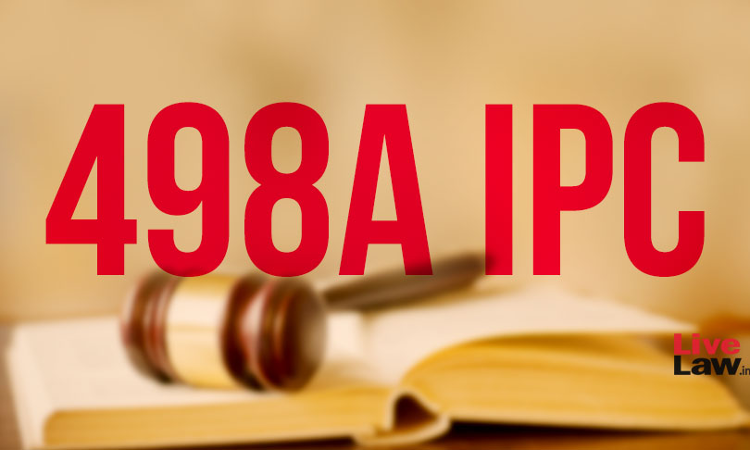EXPLAINED | Can Conviction Under IPC 498A Sustain If Marriage Is Declared Null & Void?
Sofi Ahsan
19 Feb 2023 10:30 AM IST

Next Story
19 Feb 2023 10:30 AM IST
The Supreme Court on February 09 set aside the conviction of three persons under Section 498-A of the Indian Penal Code. It observed that the conviction would not be sustainable as the marriage has been found to be null and void. Under Section 498-A IPC, a husband or his relatives can be sentenced to a jail term of three years for subjecting the wife to cruelty.The CaseIn the case from...
